-58%
The Art of Correct Medicines Management for Adult Care
Correct medicines management is a cornerstone of adult nursing, equipping healthcare professionals with the ability to ensure the well-being and safety of their patients. This comprehensive guide, tailored specifically for pre-registration nursing students, provides an invaluable resource for developing this essential skill.
Legal Responsibility and Accountable Practices:
Understanding the legal framework governing medicines management is paramount. This book delves into the legal requirements and professional responsibilities associated with the handling and administration of medications. It explores the ethical implications and accountability measures that shape the practice of adult nursing.
Precision in Drug Calculations:
Accurate drug calculations are crucial for patient safety. This guide employs a systematic approach to calculation methods, ensuring precision and minimizing errors. It provides step-by-step instructions, practice exercises, and real-world scenarios to instill confidence in students’ ability to calculate drug dosages effectively.
Safe and Efficient Medication Administration:
Administering medications correctly is essential for optimal patient outcomes. This book covers the various routes of medication administration, including oral, intravenous, intramuscular, and subcutaneous injections. It emphasizes proper technique, patient assessment, and documentation requirements, ensuring safe and effective medication delivery.
Secure Storage and Record-Keeping:
Proper storage of medications is vital for maintaining their potency and preventing medication errors. This guide explores the standards and best practices for medication storage, including temperature control, security measures, and inventory management. It also highlights the importance of accurate record-keeping and documentation to ensure transparency and accountability in medication handling.
Fundamentals of Pharmacology:
A basic understanding of pharmacology is essential for effective medicines management. This book introduces the principles of pharmacology, including drug classification, drug actions, and drug interactions. It helps students grasp the mechanisms of medication and their impact on the human body.
Patient-Centered Communication:
Effective communication is vital for ensuring patient safety and adherence to medication regimens. This guide emphasizes the importance of clear and empathetic communication with patients. It explores strategies for conveying medication-related information, answering patient questions, and addressing their concerns.
Contextual Considerations in Medication:
The practice of medicines management is not confined to clinical settings alone. This book examines the broader contextual factors that influence medication use, including cultural beliefs, socioeconomic status, and healthcare disparities. It encourages students to consider the multifaceted nature of medication management and its implications for patient care.
User-Friendly Language and Real-World Scenarios:
This guide is written in an accessible and engaging tone, making it easy for students to grasp complex concepts. It employs patient scenarios and case studies to illustrate the application of theory to real-world practice. This approach allows students to connect abstract principles to the practical challenges they will encounter as adult nurses.
By equipping students with the knowledge and skills outlined in this comprehensive guide, healthcare providers can ensure the safe, effective, and compassionate management of medications for adult patients. It serves as an invaluable resource for pre-registration nursing students as they embark on their journey to provide exceptional patient care.

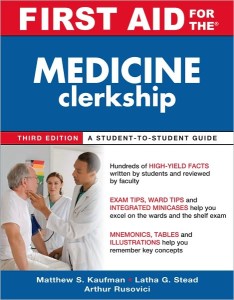

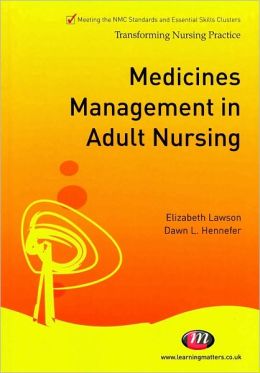


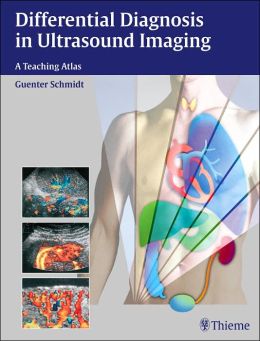

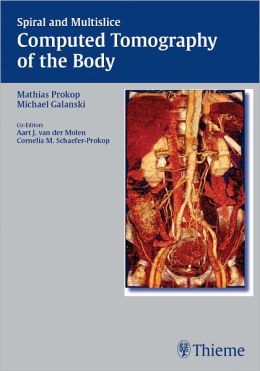
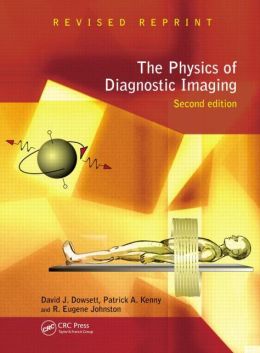
Reviews
Clear filtersThere are no reviews yet.